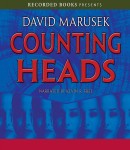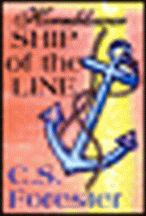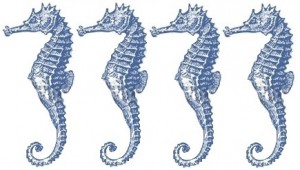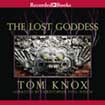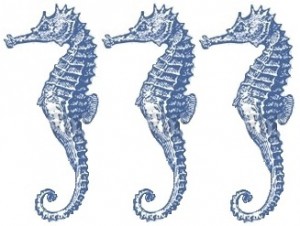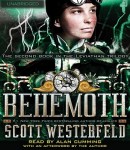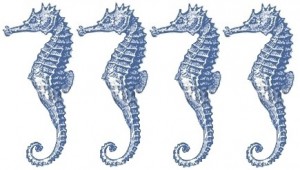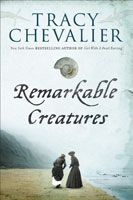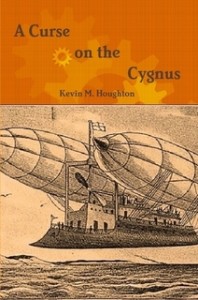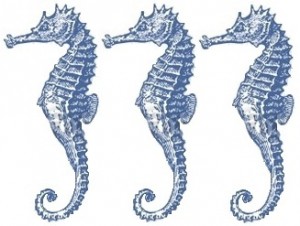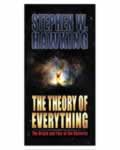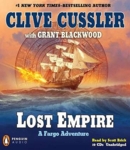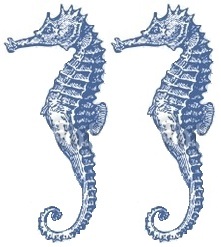Every once in a while, I’m reminded how little I have to complain about. Go ahead, do as I did and read Unbroken, a World War II Story of Survival, Resilience, and Redemption by Laura Hillenbrand and see if you can whine about something going wrong in your life.
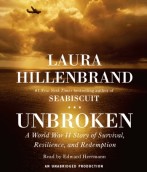 I listened to the Random House Audio version © 2010, read by Edward Herrmann.
I listened to the Random House Audio version © 2010, read by Edward Herrmann.
This book is a biography focusing on the life of Louis Zamperini. The man is so fascinating that his life would not require a skilled biographer to result in a great book. But Hillenbrand is a skilled biographer. Zamperini was quite a scamp in his youth, then channeled his energy into running. He ran well enough to compete in the 1936 Olympics. When World War II broke out, he joined the Army Air Corps and became a bombardier in a B-24 Liberator aircraft. When the plane got shot down, Zamperini and two others endured weeks in a tiny, leaking raft with insufficient supplies. Though one man died, Zamperini and the other aviator survived 47 days until they were finally picked up…by the Japanese. Sent to various prisoner of war camps, Zamperini barely survived the torture and degradation until the end of the war. Following his release, he experienced a slow collapse of his life until becoming a born-again Christian. Hillenbrand’s choice of the word ‘unbroken’ for her title refers not only to Zamperini’s indomitable will to survive, but also to some of his high school and college track records which remained unbroken for years.
Hillenbrand must have done considerable research for this book. I liked how she would occasionally deviate from a strict chronological treatment to explain some point that made Zamperini’s life easier to understand. She sidetracked in this way to explain B-24 bombers, American life rafts from that period, the experiences of other WW II POWs, and several other things. Even with these asides, she never strayed too long from her main focus. She didn’t shy away from some of the rougher language the men used or some of the hideous tortures the prisoners endured. This book is not for the faint of heart. Although it must have been tempting, while writing such a book, to try to psychologically analyze the subject, Hillenbrand resisted that for the most part, only lightly touching on some of his more obvious personality traits to explain behavior. Edward Herrmann did a fine job with the narration of the book.
I have few negative comments, since the book really blew me away. I think, at times, Hillenbrand “fell in love” with her subject too much. It seems to me she strayed from a more objective approach. Since she most likely interviewed Zamperini himself while researching, it’s hard to know who is responsible for exaggerating one of the more unbelievable scenes. Did an exhausted and malnourished man really wrestle and kill sharks leaping into the raft? I have not read Zamperini’s own memoir, Devil at My Heels, and it would be interesting to compare the two accounts.
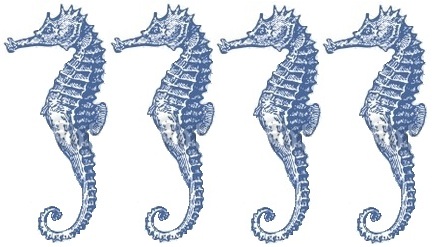 I’m giving Unbroken a rating of 4 seahorses using my trademarked book review grading system. It is an outstanding biography and I strongly recommend you read it. I understand someone’s making a movie from the book and that could be well worth watching. Compared to Louis Zamperini’s life experiences, my own life has been a breeze, for which I’m grateful. Sitting here in a very uncomplaining and non-whiny mood, I’m–
I’m giving Unbroken a rating of 4 seahorses using my trademarked book review grading system. It is an outstanding biography and I strongly recommend you read it. I understand someone’s making a movie from the book and that could be well worth watching. Compared to Louis Zamperini’s life experiences, my own life has been a breeze, for which I’m grateful. Sitting here in a very uncomplaining and non-whiny mood, I’m–
Poseidon’s Scribe

